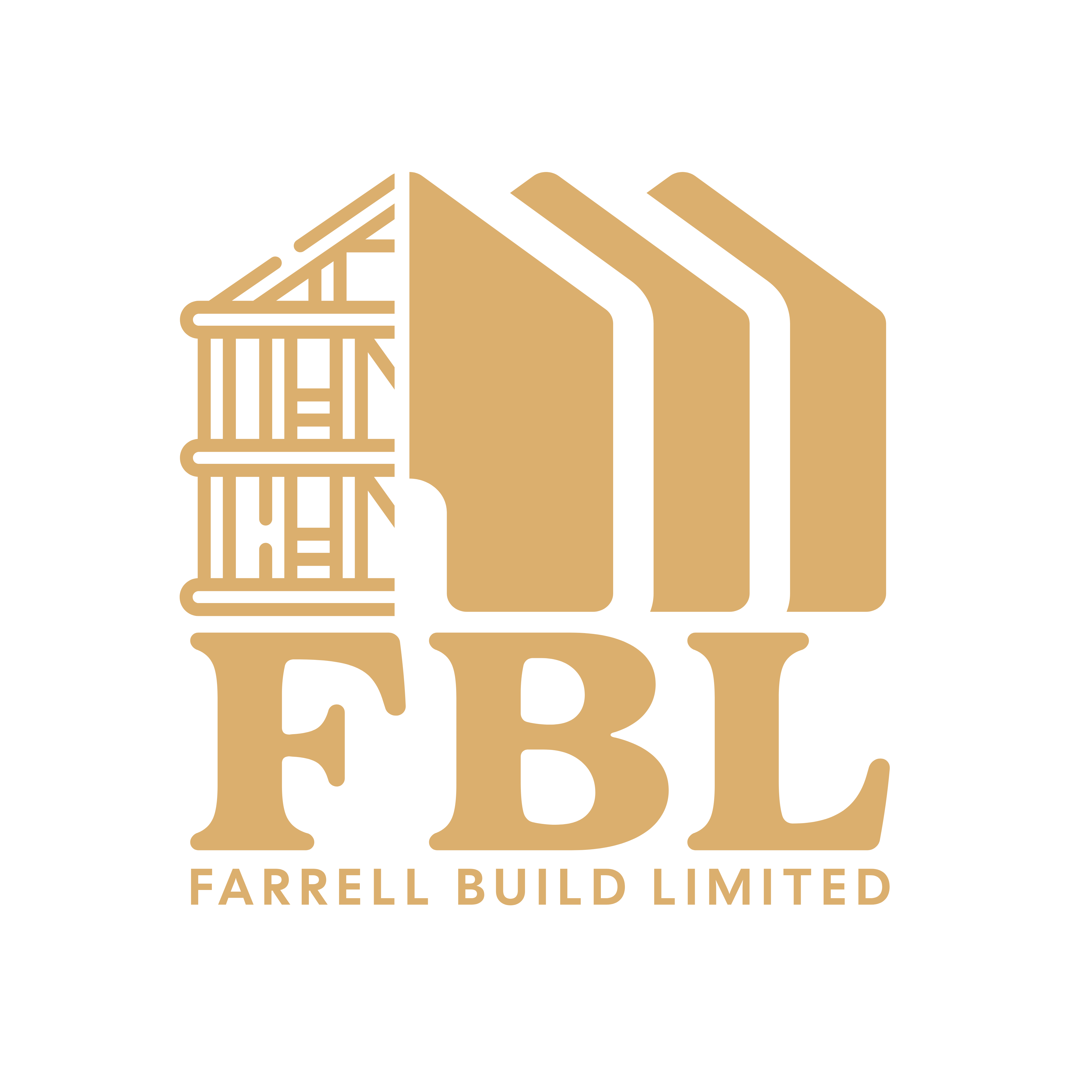Are you wanting to start a construction project but can’t decide between a fixed-price or a charge-up contract?
The number one concern for clients is always budget and how not to go over it. Therefore, before starting a construction project it is important to decide on either a fixed-price or charge-up contract. Exploring both options is essential to making sure your project stays within your budget. Each offers its own set of pros & cons. When deciding there are several things you need to consider:
· Budget
· Type/complexity of your construction project
· Willingness to be involved in the construction project
Fixed-Price
If controlling your budget is important to you, a fixed-price contract is usually a better option. Because these contracts give you a price upfront, they are easier to budget for and often easier to get finance for as well. Unless you have a large cash reserve put aside, banks can be reluctant to lend on a project without having a set price ahead of time. A fixed-price contract is well suited to projects of a more straight forward nature such as new home builds and extensions on existing houses. This is because it is easier for the builder to accurately survey quantities of labour and materials necessary to complete your job. Meaning it is less likely for you to incur unforeseen extras throughout your project. Fixed-price contracts do have some cons: It is near impossible to give a fixed-price without there being extra costs added to the job, so you must be prepared for some unforeseen extras during your construction project. The total cost of the job is often higher as the Builder/Main contractor will have to factor in cost margins and percentages to cover themselves for any damages, remedial work, budget, and timeline overruns.
Charge-Up
Charge-up contracts can be a riskier way to complete your construction project. Because you start with a rough estimate and pay for the actual work done as you go, it is harder to know what the final cost will be. Despite this additional risk and uncertainty, some homeowners prefer this situation as paying as you go means you will have paid for the work done and no more. If you are willing to assume a more “hands-on” role during your project a charge-up contract is for you. It will offer you full control of the budget and the opportunity to employ cost-saving measures more freely. If your construction project is for example a complex renovation with the potential for a lot of unforeseen additional work. A charge-up contract can be more beneficial. You will not be charged for extra work at a higher rate as a lot of big companies offering fixed-price contracts tend to do. The number one disadvantage of a charge-up contract is, as the homeowner you assume all the risk for budget/timeline overruns, damages, and extra work. The key to a successful charge-up contract is clear and upfront communication between you and your builder. This coupled with your willingness to be involved and take some risk can end up in your project being cost affective and very rewarding.
Ready To Decided? In many ways choosing the right contract is less important than choosing the right builder. Many of the disadvantages of both fixed-price and charge-up contracts can be avoided if you choose a professional, experienced, builder. Ensure your builder is prepared to put in the hard work upfront by taking the time to carefully scope and specify your project to give you an accurate estimate or quote, whether you choose a fixed-price or charge-up contract.
The team at Farrell Build provides both fixed-price and charge-up contract options. We work hard to make sure your project is paired with the best option available. This leads to a smooth and stress-free building experience. If you have any further questions regarding Fixed-price and charge-up options or would like to discuss your construction project with us. Please contact us today, we would love to hear from you.



Comments